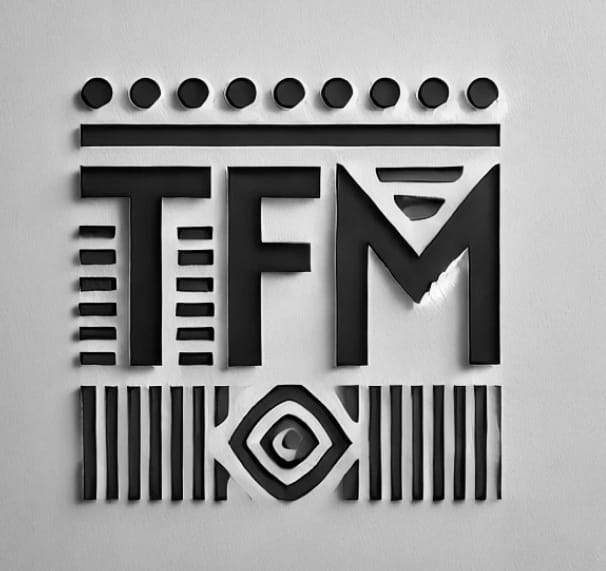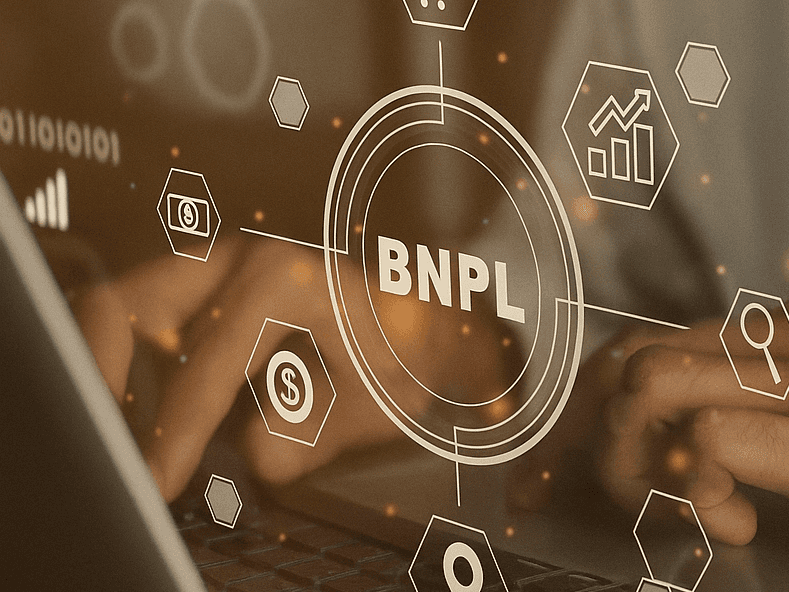A Halal Spin on Buy Now Pay Later
At first glance, Buy Now, Pay Later (BNPL) might sound like a cross between a tempting mall promotion and a credit card in disguise. But in Qatar, it’s evolving into something far more strategic, and smarter.
With the official licensing of PayLater, Qatar’s first BNPL service, the country has taken a quiet but decisive step into the future of finance. True to Qatar’s approach, it’s doing things differently: ethically, inclusively, and with a sharp focus on lifestyle and national development goals.
BNPL 101
BNPL is a payment model that lets consumers purchase items immediately and pay for them in interest-free installments. Think of it as a modern layaway plan, except you get the product upfront. Globally, the model has surged in popularity thanks to platforms like Klarna, Afterpay and Affirm, appealing to younger, digital-native shoppers wary of credit card debt.
BNPL vs. Credit Cards
While credit cards offer revolving credit, often with high interest if balances aren’t paid off, BNPL services typically provide structured, transparent payment plans. In Sharia-compliant models like PayLater, interest-free terms make BNPL accessible to a broader demographic, including those who avoid conventional debt.
That said, PayLater still requires users to link a credit card, a detail that may seem contradictory. But this connection isn’t for extending debt; it’s a risk-management tool. By setting spending limits and reducing default risks, the system accommodates Qatar’s large expatriate workforce, many of whom are on fixed-term contracts.
Credit Checks and the Future of Lending
Critics globally warn that BNPL can enable overborrowing by sidestepping traditional credit checks. Qatar’s model appears mindful of this: PayLater uses preset spending limits based on internal assessments (like income and spending habits) rather than relying solely on credit scores.
Looking ahead, AI-driven credit evaluations could expand further, especially as Qatar implements digital IDs and centralized fintech oversight under its National FinTech Strategy.
Why Qatar’s BNPL Stands Out
Key factors include:
Sharia compliance: Interest-free, ethical financing tailored to local values.
Government oversight: Licensed by the Qatar Central Bank, not just a startup free-for-all.
Regulatory sandbox testing: Features like app usability and risk profiles were rigorously tested before launch.
Ties to Qatar Vision 2030: The service aligns with broader goals to advance fintech, digital payments and financial inclusion.
Does BNPL Help or Hurt Wallets?
Is BNPL a savvy budgeting tool or a slick way to encourage overspending? The answer lies in the middle. For disciplined users, it can ease cash flow and avoid large upfront costs. For others, it might mask the true cost of purchases, subtly fueling excess spending.
In a high-cost city like Doha, however, BNPL offers flexibility, especially for big-ticket items like electronics, furniture or travel. Like any financial tool, its value depends on how it’s used.

